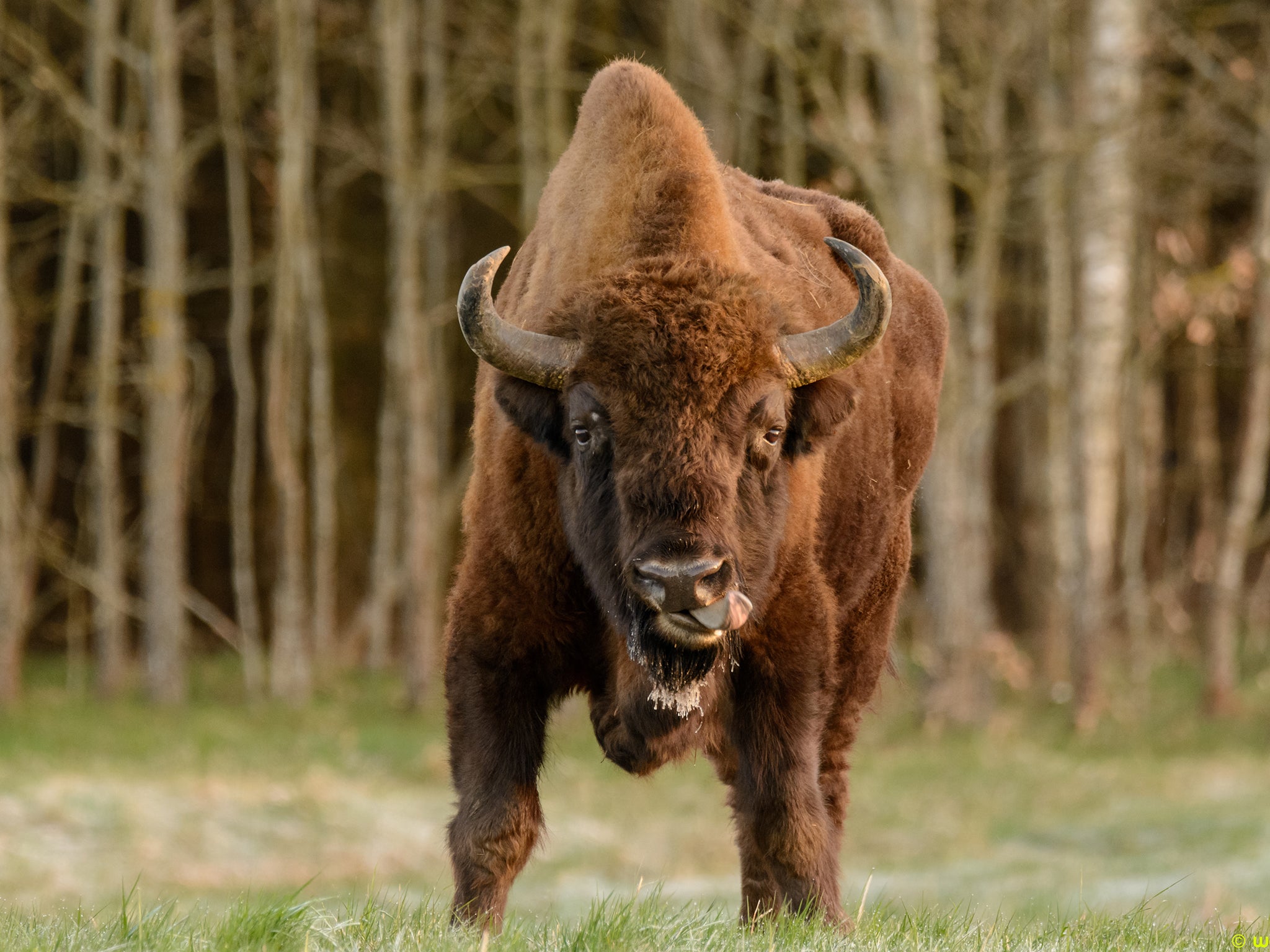Germany’s 'first wild bison in 250 years’ shot dead by authorities
‘After more than 250 years a wild bison had been spotted again in Germany and all the authorities could think to do is shoot it,’ WWF board member Chris Heinrich said

The World Wildlife Fund (WWF) says it will be filing charges against officials in eastern Germany who ordered hunters to shoot a wild bison believed to be the first of its kind spotted in the country in over 250 years.
Police say a man spotted the bison near the Oder River in Lebus, a town nearly 88km east of Berlin, on 13 September, The Local reports.
WWF Germany said local officials determined the creature to be a threat to the safety of the community and order the bison to be killed.
“The release of a strictly protected animal without a potential hazard is a criminal offence,” WWF chief nature conservation officer Christoph Heinrich has said in a statement.
“After more than 250 years a wild bison had been spotted again in Germany and all the authorities could think to do is shoot it,” he also told The Local.
The Independent has contacted local officials for comment.
WWF says on its website that the “species-specific behaviour of [bison] is not a threat to humans”, adding there have been “successful projects with wild-living [bison] both in Poland and now in Germany”.
“The shooting is unfortunately also an expression of the helplessness of the authorities, how they should deal with wild animals,” Mr Heinrich added.
“There is a lack of professional trained staff in the area.”
It is believed the bison may have made its way to Germany from Poland’s Ujście Warty National Park, which sits on the border between the two countries.
The European bison, the largest herbivore on the continent, is identified as a vulnerable species on the International Union for Conservation of Nature’s Red List.
The IUCN says the bison was once widely found throughout western, central and southeastern Europe, but by the end of the 19th century, only two populations of the bison survived in the Białowieża Forest and the western Caucasus mountains.
The animal was later deemed extinct in the wild by 1927, though conservation efforts have reintroduced the species to countries including Poland, Lithuania, Belarus, Ukraine, Russia and Slovakia.
Captive populations of the European bison can be found in 30 countries worldwide, the IUCN says.
Join our commenting forum
Join thought-provoking conversations, follow other Independent readers and see their replies
Comments